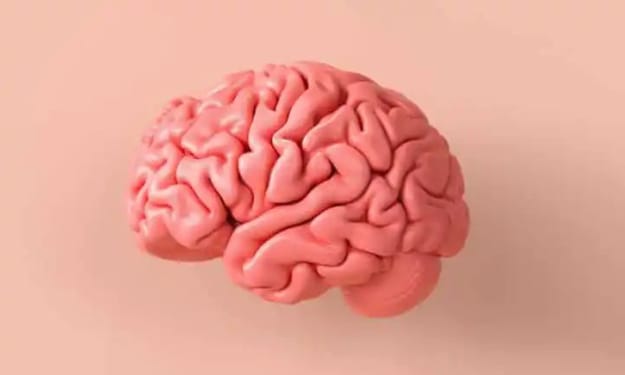Fatty liver disease: Where you swell up on your body help tells if your liver is in trouble
Eat good make your liver healthy

One does not think much about liver health until it starts sending out distress signals. If we catch the signs early, it becomes easy to regain health, but some diseases or conditions go undetected because the related organ may be located deep inside the body. Out of sight also becomes out of mind, and then it may be too late to correct lifestyles.
Fatty Liver Disease is one such disease. The term refers to conditions characterised by a build-up of fat in the liver. However, the body does send signals to let us know that something requires our attention.
What are the tell-tale signs you may be missing:
Swelling in two areas of the body may signal non-alcoholic fatty liver disease (NAFLD) - one of the main types of fatty liver disease
Nonalcoholic fatty liver disease (NAFLD) is a condition in which excess fat is stored in your liver. This build-up of fat is not caused by heavy alcohol use. When heavy alcohol use causes fat to build up in the liver, this condition is called alcohol-associated liver disease.
In NAFLD, fat accumulates in liver cells. It is not caused by drinking alcohol, but it has been linked to unhealthy lifestyle factors, such as obesity. It is a serious condition and should not be dusted under the carpet.
The fatty build-up often goes undetected. However, the health platform Pinnacle Clinical Research (as cited by a report in Express.co.uk) reports that swelling of the legs (oedema) and abdomen (ascites) are signs fat is accumulating in the liver.
NAFLD may also cause the following symptoms:
1. Extreme tiredness
2. Debilitating weakness
3. Unexplained weight loss
4. Loss of appetite
5. Sudden onset of nausea
6. Abdominal pain
7. Spider-like blood vessels
8. Yellowing of the skin and eyes (as in jaundice)
9. Itching on skin
10. Fluid build-up.
Suspect NAFLD? Contact your doctor:
Blood tests that show high levels of liver enzymes can indicate NAFLD
But the doctor may also want to rule out other liver diseases through additional tests.
An ultrasound (Ultra Sono Graphy - USG) test is used to confirm the NAFLD diagnosis
The USG is a method of carrying out a scan using sound waves to create an image of the inside of your body.
Fatty Liver! So, what!!!
According to the National Institute of Diabetes and Digestive and Kidney Diseases (NIDDKD) which come under the U.S. Department of Health and Human Services, the majority of people with NAFLD have nonalcoholic fatty liver or NAFL. Only a small number of people with NAFLD have nonalcoholic steatohepatitis or NASH.
What is NAFL and what is NASH?
NonAlcoholic Fatty Liver or NAFL: NAFL is a form of NAFLD in which you have fat in your liver but little or no inflammation or liver damage. NAFL typically does not progress to cause liver damage or complications. However, NAFL can cause pain from enlargement of the liver.
NonAlcoholic SteatoHepatitis or NASH: NASH is the form of NAFLD in which you have inflammation of the liver and liver damage, in addition to fat in your liver. The inflammation and liver damage of NASH can cause fibrosis, or scarring, of the liver. NASH may lead to cirrhosis, in which the liver is scarred and permanently damaged. Cirrhosis can lead to liver cancer.
Experts are not sure why some people with NAFLD have NASH while others have NAFL.
NIDDKD experts say that people with NAFL typically don't develop liver complications, although they have a higher risk for other health problems. People with NASH can develop liver complications, such as cirrhosis and liver cancer. If cirrhosis leads to liver failure, you may need a liver transplant. People with NASH have an increased chance of dying from liver-related causes.
Since NAFLD can be a precursor to diabetes, hypertension, cardiovascular problems - all associated with obesity - it is important that you consult an expert and make necessary changes to your lifestyle. Your doctor may advise you on the diet, exercise, nutrition, medication, etc.
Keep your liver healthy so that all your other vital organs are not hurt in a domino effect if you do not take care of the liver.






Comments
There are no comments for this story
Be the first to respond and start the conversation.